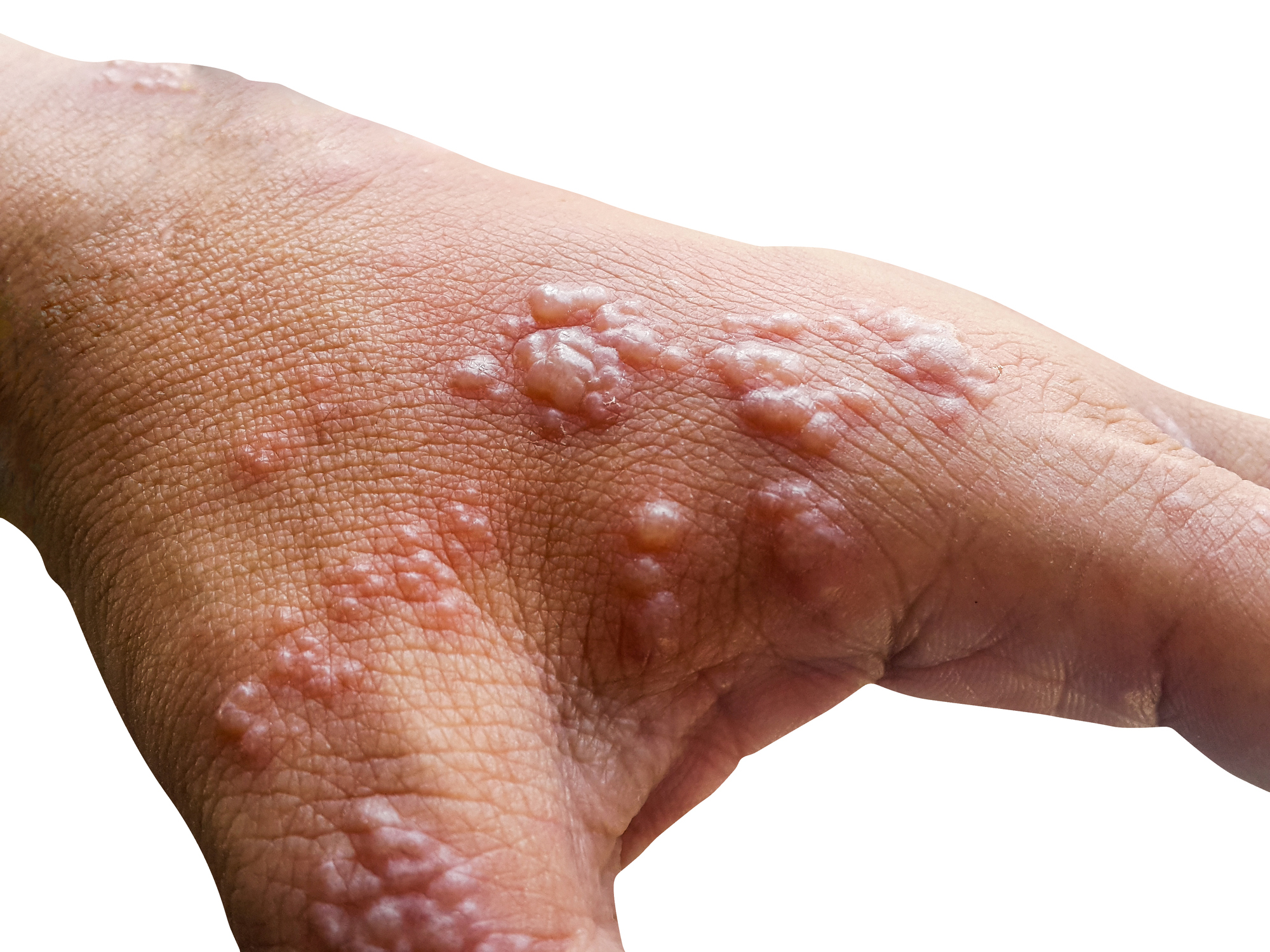While you are scheduling your annual flu shot, ideally before the end of October, if you are aged 60 or older you may also want to ask your doctor about the shingles vaccine. The vaccine is only good for about five years but it can cut the risk for developing the painful rash caused by the chicken pox virus in half.
Researchers have recently discovered that not only does vaccination reduce the risk for shingles, which increases sharply over the age of 50, but it also lowers the chances of developing severe pain by two-thirds. According to a recent report by Reuters Health, emergency room visits for shingles decreased by nearly 40 per cent among adults over 60 between 2006 when the vaccine became available in the United States and 2013. During the course of the study more than 1.3 million ER visits were made as a result of the shingles-causing virus.
The Centers for Disease Control and Prevention recommends vaccination against the shingles virus for adults beginning at age 60. Shingles can have serious complication including post-herpetic neuralgia or nerve pain which can persist for years after the rash has cleared, damage to eyesight and loss of hearing. In rare cases, shingles can lead to pneumonia and brain inflammation(encephalitis) or death. Pain can also precede the rash by a day or two and be mistaken for stomach problems, chest pain or stroke, making diagnosis tricky.
To learn more about the shingles vaccine (Zostavax) and who it might not be recommended for, follow this link to the Mayo Clinic website.






Add Your Voice
0 Comments
Join the Discussion